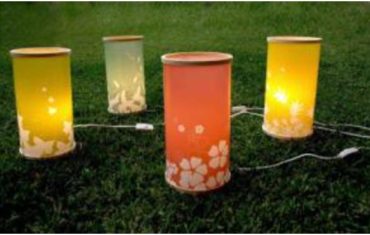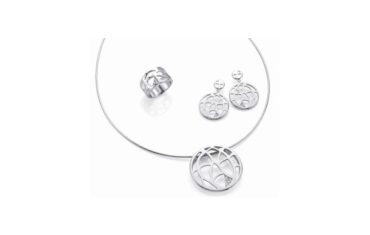According to Toluna’s ‘Understanding the 2021 Consumer’ Global Barometer Study, the disruptions caused by the pandemic have had major impacts on every part of our lives, particularly when it comes to shopping.
From where and how we shop to which brands we choose to support, the pandemic has turned the concept of consumer loyalty on its head with Australians now more inclined to support brands that align with their personal values.
Changed shopping preferences
After several spates of panic buying across the country, 28 per cent of Australians are now keeping their cupboards better stocked, with 17 per cent spending more time carefully choosing the right household cleaning products.
Customer loyalty is coming into question, with price affecting purchasing decisions and shoppers more open to trying new brands:
• 33 per cent of Australians report to be more price sensitive when shopping compared with how they were pre-pandemic
• 17 per cent are more open to trying new food and drink brands now, compared with before the pandemic
• Further, 13 per cent stated they’ve continued to keep purchasing new brands they tried due to lockdown
Supporting Australian made is also a growing concern, with 67 per cent of shoppers trying to buy more food products from Australia or produced locally, compared to pre-pandemic.
The importance of brand values
Brand loyalty is no longer something brands can take for granted―consumers are now more inclined to support brands whose values align with their own. In fact, over two thirds (69 per cent) of respondents said they go out of their way to engage with brands which align with their values, while 34 per cent said they’ve stopped supporting the ones that don’t.
Almost half (45 per cent) of Australian shoppers prioritise sustainability and environmental friendliness as a core value. This is supported by 51 per cent who now actively try to buy food and drink products with less plastic packaging.
Humanitarian issues (26 per cent) and supporting racial equality (25 per cent) and gender equality (23 per cent) are also key issues for consumers. As are more traditional brand values such as value for money (56 per cent) and customer support (37 per cent).
Vaccinations are up
Other findings from the latest Toluna Barometer show that Covid-19 vaccinations are on the up, with 26 per cent of respondents either partially or fully vaccinated―a sharp increase compared with only three per cent of respondents vaccinated in last month’s Barometer.
• A further eight per cent of respondents have secured an appointment to be vaccinated
• 29 per cent believe they’ll have a vaccine available to them soon
• nine per cent of respondents don’t believe they’ll have access to a vaccine in the immediate future
• 16 per cent of respondents are still deciding whether they want to be vaccinated
• While 12 per cent of respondents don’t ever wish to be vaccinated against Covid-19
Travel hesitancy
Despite the uptick in vaccinations, recent issues with quarantine have likely put a dampener on travel plans, with almost half the respondents (47 per cent) not comfortable booking a holiday before May 2022 or beyond, despite 84 per cent of respondents stating they miss travelling.
In the short term (over the next one to two months) only 10 per cent of respondents would happily book an overseas trip. However, domestic travel is more appealing, with almost a third (27 per cent) keen to treat themselves to a holiday within Australia in the coming months.
“Over the last 12 months, the Covid-19 pandemic as well as economic concerns and social issues, have rapidly impacted the attitudes and behaviours of today’s consumer,” says Sej Patel, country director, Toluna, Australia and New Zealand.
“As brands are now coming out the other side, many are grappling to find the best way to remain relevant and continue to engage their core consumers.”
Although ‘brand loyalty’ isn’t quite a thing of the past, what drives brand loyalty is changing. Consumers are now more inclined to support brands whose values align with their own and stop shopping with brands that don’t, Patel says.
“As we emerge from the pandemic and get back to business, brands will increasingly need to stand for something―to participate in culture, society and politics; to show that they are environmentally friendly or support humanitarian issues. This is why it’s critical for brands to have access to accurate, on demand consumer insights to truly understand and connect with their consumers and intelligently inform their strategic decision-making and planning.”







